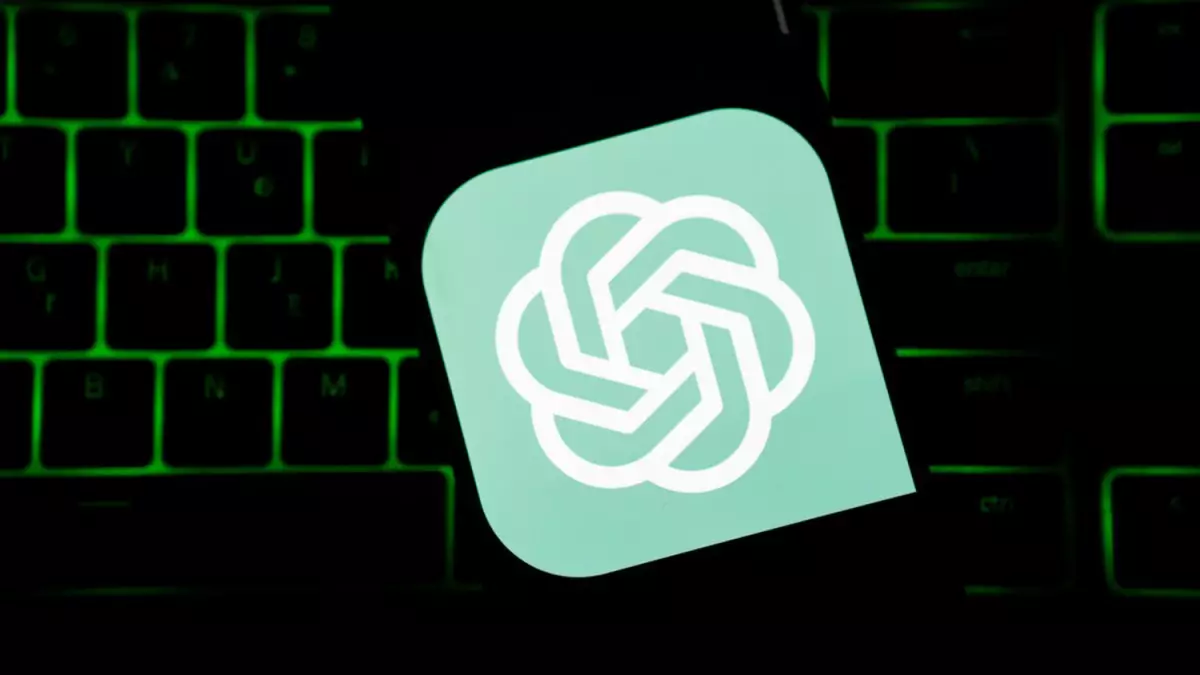On Thursday, OpenAI faced a significant setback as its flagship services, ChatGPT and Sora, experienced a prolonged outage lasting over three hours. This disruption began around 11 a.m. PT, with users continued to grapple with accessibility issues well into the afternoon. This incident has reignited conversations among users who recall a similar outage earlier in December, further highlighting the recurring nature of such technical difficulties within the organization.
As reported by TechCrunch, attempts to access services resulted in error messages, underlining the severity of the situation. OpenAI’s status page cited an upstream provider as the root cause of the interruption, although the company refrained from providing detailed explanations. This lack of transparency raises questions about the reliability of their infrastructure and the measures in place to prevent further occurrences.
Moreover, as of 2:05 p.m. PT, OpenAI indicated that ChatGPT was partially operational, yet users could still encounter issues retrieving their chat history. Such a state of partial recovery is concerning, as it suggests that while some systems may be functional, many users are still left without full access to the services they depend on.
This recent outage is not an isolated incident. OpenAI had previously experienced a similar disruption two weeks prior, which the company attributed to a malfunctioning telemetry service. That outage extended for approximately six hours, a notably lengthy interruption for a company that boasts cutting-edge technology. Typically, such outages are resolved within one to two hours, making December’s service failures particularly troubling for users.
While other services utilizing OpenAI’s API, such as Perplexity and Apple’s Siri, appeared unaffected during this latest incident, the instability within OpenAI’s core offerings raises essential discussions about the underlying infrastructure and the effectiveness of their contingency plans.
User Impact and Expectations
The impact of these outages on user experience cannot be overstated. Frequent users of ChatGPT and Sora rely on these services for various applications, whether professional, educational, or personal. Each outage diminishes trust in OpenAI’s capabilities and places added stress on users who may need to depend on these tools to meet critical deadlines or requirements.
As OpenAI works to rectify these ongoing issues, user expectations will certainly be heightened. Communication is key in restoring confidence; hence, users would benefit from clearer updates regarding the status of repairs and anticipated service availability.
Looking Toward Future Solutions
In light of these repeated disruptions, OpenAI must consider investing in a more resilient infrastructure. Analyzing past failures and devising robust solutions to ensure service reliability could be paramount in regaining user trust. As artificial intelligence systems become more integrated into everyday tasks, the anticipation around service availability will only increase, emphasizing the need for proactive measures to prevent future outages.
The recent outages of OpenAI’s ChatGPT and Sora not only remind users of the vulnerabilities present in modern digital services but also highlight the necessity for ongoing improvements in technical performance and operational transparency. As the technology continues to evolve, so too must the commitment to ensuring that such platforms remain consistently reliable for all users.

